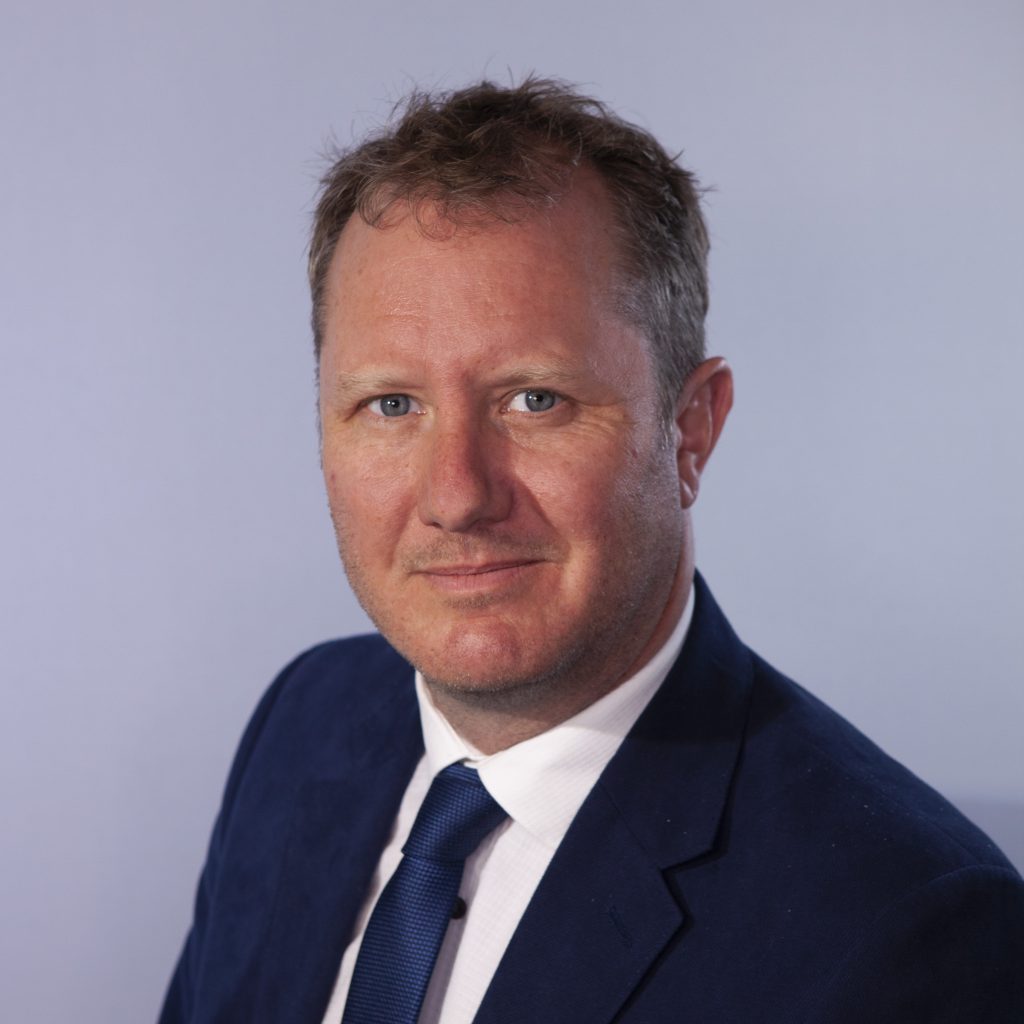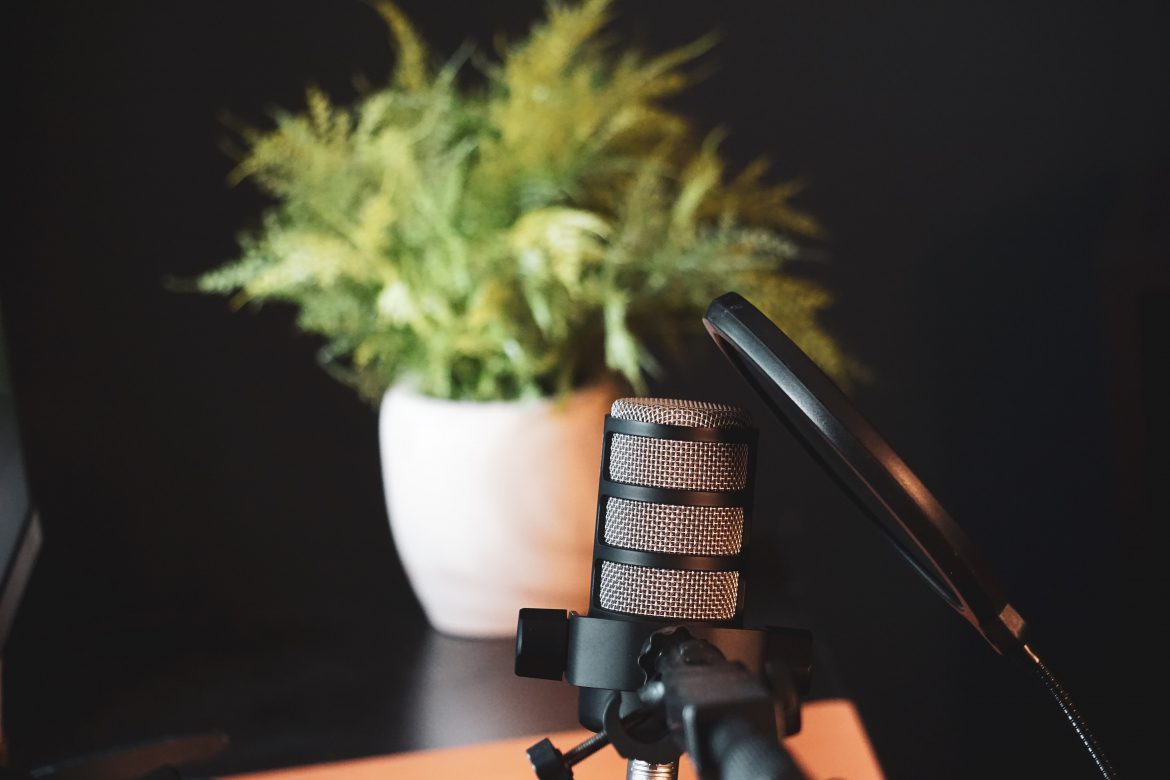Christopher Snowdon is the Head of Lifestyle Economics at the IEA. He is the author of The Art of Suppression, The Spirit Level Delusion and Velvet Glove; Iron Fist. His work focuses on pleasure, prohibition and dodgy statistics. He has authored a number of publications including Sock Puppets, Euro Puppets, The Proof of the Pudding, The Crack Cocaine of Gambling and Free Market Solutions in Health.
The following interview was originally published in the German by our friends at Der Freydenker as part of their Liberty Interviews series.
When did you recognise the value of freedom for the first time in your life?
I don’t think there was a single moment. I’m a natural libertarian. As you grow older and learn about how little liberty exists in some countries, you appreciate it more and have a greater urge to protect it.
Which book influenced you the most?
It’s difficult to look beyond ‘On Liberty’ by John Stuart Mill. Still the most articulate case for free speech and personal liberty.
Which thinker who made the biggest impact on you?
John Stuart Mill
What is freedom, and what are its limits?
This is a question that can be answered with economics and with the concept of negative externalities. Your freedom to swing your fist ends at my nose, but since every action could have an effect on other people in some way, the aim of policy should be to internalise the externalities and preserve liberty as much as possible. Absent negative externalities and market failures, personal and economic liberty maximise societal welfare.
What is your take on the development of freedom in the last decades? What is currently liberty’s biggest threat?
The nanny state has grown enormously and has become normalised. Free speech is under significant threat and internet regulation is becoming a major issue.
Do we really need freedom in the next few years?
Of course.
If you could put a big sign on Times Square, what would it read?
“The whole aim of practical politics is to keep the populace alarmed (and hence clamorous to be led to safety) by menacing it with an endless series of hobgoblins, all of them imaginary.” – H . L. Mencken
What’s your advice for a young graduate, just about to enter professional life? And what advice would they be better off ignoring?
Work hard and learn in the workplace. If you know what you want to do, do it. If you don’t know what you want to do, find out what you like. Either way, remain open to new opportunities.

